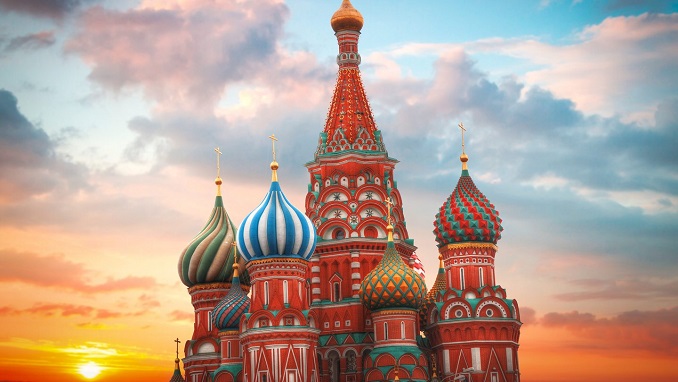Plans by the government of Russia’s Moscow Region to send its trash to poorer — and often pristine — northern areas have led thousands of protesters to rally in more than a dozen Russian cities and towns, The Associated Press reports.
The biggest protests against the waste management plans were held in the Arkhangelsk region, north of Moscow on the White Sea, where more than a 1,000 people were protesting plans by local authorities to accept trash from Moscow.
The protesters braved temperatures dipping to minus 21 degrees Celsius (minus 5.8 degrees Fahrenheit) to rally. Local websites showed protesters holding placards saying “We don’t want Moscow’s trash” and “Pomorye is not a garbage dump,” referring to the area’s name.
The first major trash protests took place outside Moscow last winter when several children were hospitalized with poisoning linked to a local landfill. Authorities have vowed to introduce trash separation and tackle the issue of the overflowing, poisonous landfills that ring Moscow.
Moscow has recently decided to ship some of its trash to Russia’s remote, pristine northwest, touting it as an investment project that could revitalize the economically depressed, remote region.
But environmentalists and even some Moscow municipal officials have called the idea “immoral” and urged authorities to invest in waste separation and recycling operations instead.
With around 60 million metric tons of MSW (Municipal solid waste) generated each year, amounting to more than 400 kg per capita, Russia is struggling to organize an efficient waste management system. According to analysts, the volume of waste does not as such constitute the problem as the apparent inability of local governments, individuals and waste disposal firms to keep up with the task of managing waste and protecting the environment.
Since 2016, Russia’s producers and importers have been obliged to recycle 10-30% of the waste they generate. When introducing this requirement, the federal authorities also gave businesses a choice in how to fulfill it. They could build their own recycling facilities, or hire a third party to recycle the waste.












